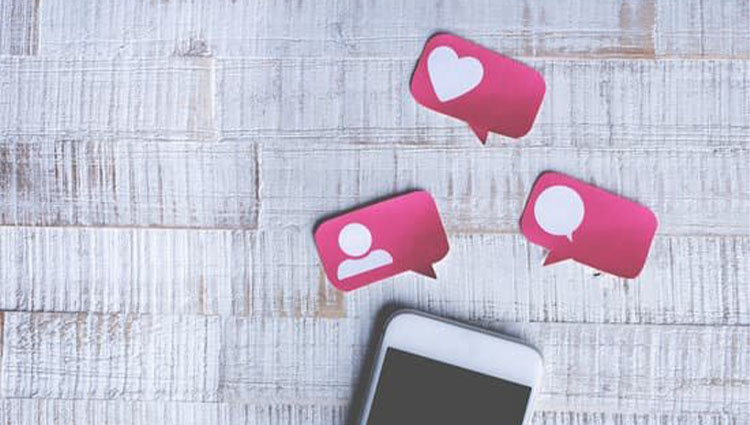Social media has an overwhelming presence in today's culture. Consumers not only use it to connect with family and friends but also to gather information about brands, products and services and to stay abreast of the latest trends. So, it's safe to say that anyone looking to build a presence online needs to have a presence on social media. As a health professional, you may be a little skeptical about educating online. I’d encourage you to look at it as an additional space where you can have influence. Here are a few things to consider as you start exploring the world of social media.
The good outweighs the bad
While there are some downsides to social media – such as false information, digital bullying, mental health issues and more – there are so many benefits. This interactive and engaging medium offers health professionals the opportunity to build consumer trust – plus educate the public in a new and fun way, build a sense of community, reach large numbers of people and explore non-traditional career opportunities.
Why do consumers trust “influencers” so much?
At some point in the last few years, you have probably been in a situation where you were trying to explain medical advice (or some other scientific principle) only to find yourself having to disprove something your patient/client read online. What is it about “influencers” that makes people trust them so much?
There are several things at play here, but most notably it is the perceived personal connection that someone has with an influencer online. There is a sort of admiration that happens – a digital friendship if you will. Because of this, the influencer they are following isn't just an out-of-reach celebrity, but instead has the impact of a close friend.
And this is the exact reason that health professionals should be on social media as well! And not necessarily as influencers, but rather as "experts with influence.”
We need more qualified health professionals online
Consumers are going to get their information from somewhere, and when they do, we want it to come from qualified professionals. So, let's look at a few key social media strategies to get you started.
Best questions to ask yourself
Before you do anything, you must figure out the message you're going to convey. Because, let's be realistic, we can't teach everyone about everything. Ask yourself these questions:
- What do you want to say? What topic do you want to focus on?
- Who are you going to be teaching? What type of person are you looking to reach?
- How do you want to teach that information to those people? Funny and lighthearted? Serious and structured? You get to decide.
- How will you make money doing this? Social media requires a lot of time and effort, so it's important to have a long-term strategy to be compensated for your time.
The logistical ins and outs
There are several things to consider when leveraging your social media – including content, visuals and more. Here are nine tips to get you started.
- Make sure to use high-quality photos and video.
- Be consistent in your message and timing.
- Post content that people will want to share with their friends and family.
- Capitalize on big moments in time, whether it be current events, relevant news stories, health and wellness related holidays, etc.
- Use hashtags!
- Don't forget about traditional media opportunities, such as print interviews, TV segments and radio.
- Include calls to action in your messages and content.
- Get personal: Don't be afraid to tell your story.
- Set boundaries: This includes everything from protecting your community to your own mental health.
Ready to stand out online? RISE to the Top with these online business courses for health professionals.




